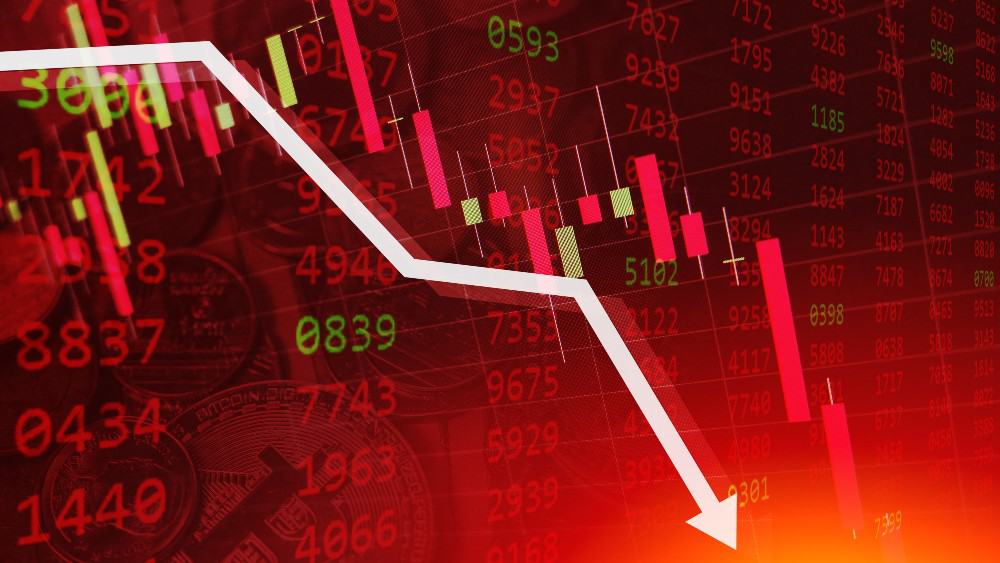Despite the second straight month of a decline in home sales in November 2020, Canada’s housing market activity remains firm. Sales are still up by a blazing 32.1% year over year. For the Canada Mortgage and Housing Corp. (CMHC), the receding figures are telltale signs of a forming housing bubble.
CMHC has sounded off alarms since May, but the recent statements by Royal Bank of Canada (TSX:RY)(NYSE:RY) are sterner this time around. The largest bank in Canada has a base, best, and worst-case scenario in 2021. Its worst-case forecast is that real estate prices will fall by nearly 30% over the next 12 months.
Base and best cases
RBC’s base forecast is modest, with real estate prices rising by 0.6% over the next 12 months. The compound annual growth should be around 4.5% for the next two to five years. This base case is the average scenario where growth is flat.
For its best-case scenario, prices should be growing at less than the current pace but not far off. It should be ideal, with home prices rising by 6.1% over the next 12 months. If it happens, RBC estimates the compound annual growth to be significant or 11.1%.
More weight on downside scenario
RBC’s worst-case forecast is a 29.6% national price drop over the next 12 months. The compound annual growth in the next two to five years would be around 2.9%. During its earnings conference call early this month, RBC’s chief risk officer, Graeme Hepworth, puts more weight on the downside scenario.
Moody’s Analytics, one of the world’s largest credit rating agencies, has also doubled down on Canada’s hot housing markets. The agency sees prices dropping by about 22% should disposable incomes fall and GDP or unemployment worsens. However, the scenarios of the five other big banks, particularly the worst case, are not as dire.
Nonetheless, Toronto-Dominion Bank and National Bank of Canada warn of significant uncertainties, especially in the first half of 2021. The slowing down of the strong housing market and elevated unemployment level are the challenges. Meanwhile, Hratch Panossian, the CFO of Canadian Imperial Bank of Commerce, believes next year will be a better year than 2020.
Top investment option
Although RBC skews toward Canada’s housing market’s worst-case scenario, the bank remains an attractive income stock for dividend investors and retirees. The $149.08 billion banking giant pays a 4.12% dividend and maintains a less than 55% payout ratio.
RBC’s dividend track record of 150 years is a fantastic feat and lends you the confidence to invest in the stock. Furthermore, the blue-chip stock can deliver a recurring income stream for decades. As the country’s economy recovers, analysts estimate the price to climb by 22% from $104.76 to $122 in the next 12 months. This Dividend Aristocrat will not disappoint. RBC can withstand market shocks and economic downturns.
Ample provision for bad loans
The big banks, including RBC, has accumulated a combined $20 billion in loan-loss provisions over the past three quarters. The amount is substantial to cover anticipated increases in credit losses in 2021. Thus far, the loan impairments remain near pre-pandemic levels due to payment deferrals and a slew of government assistance programs.








